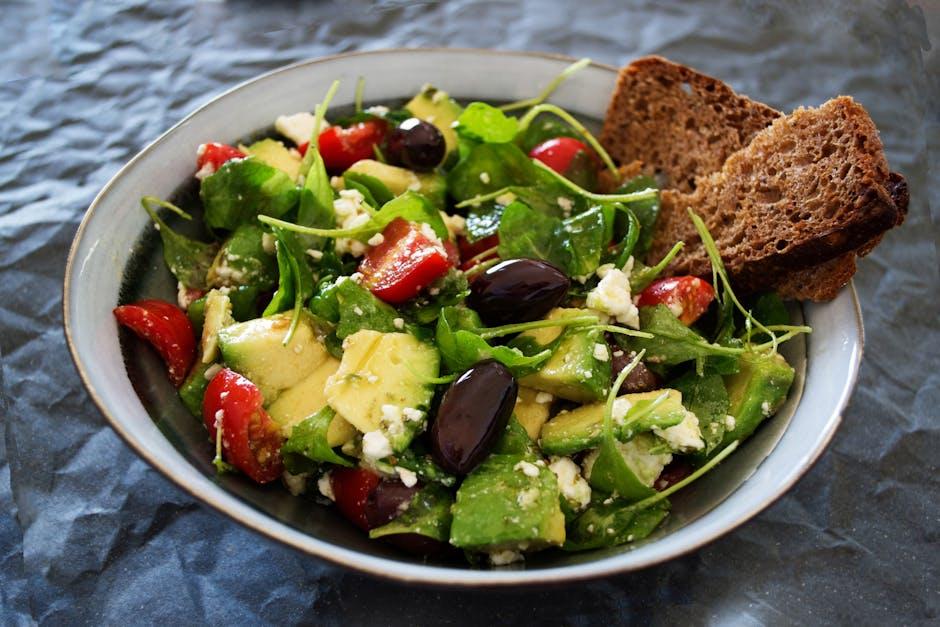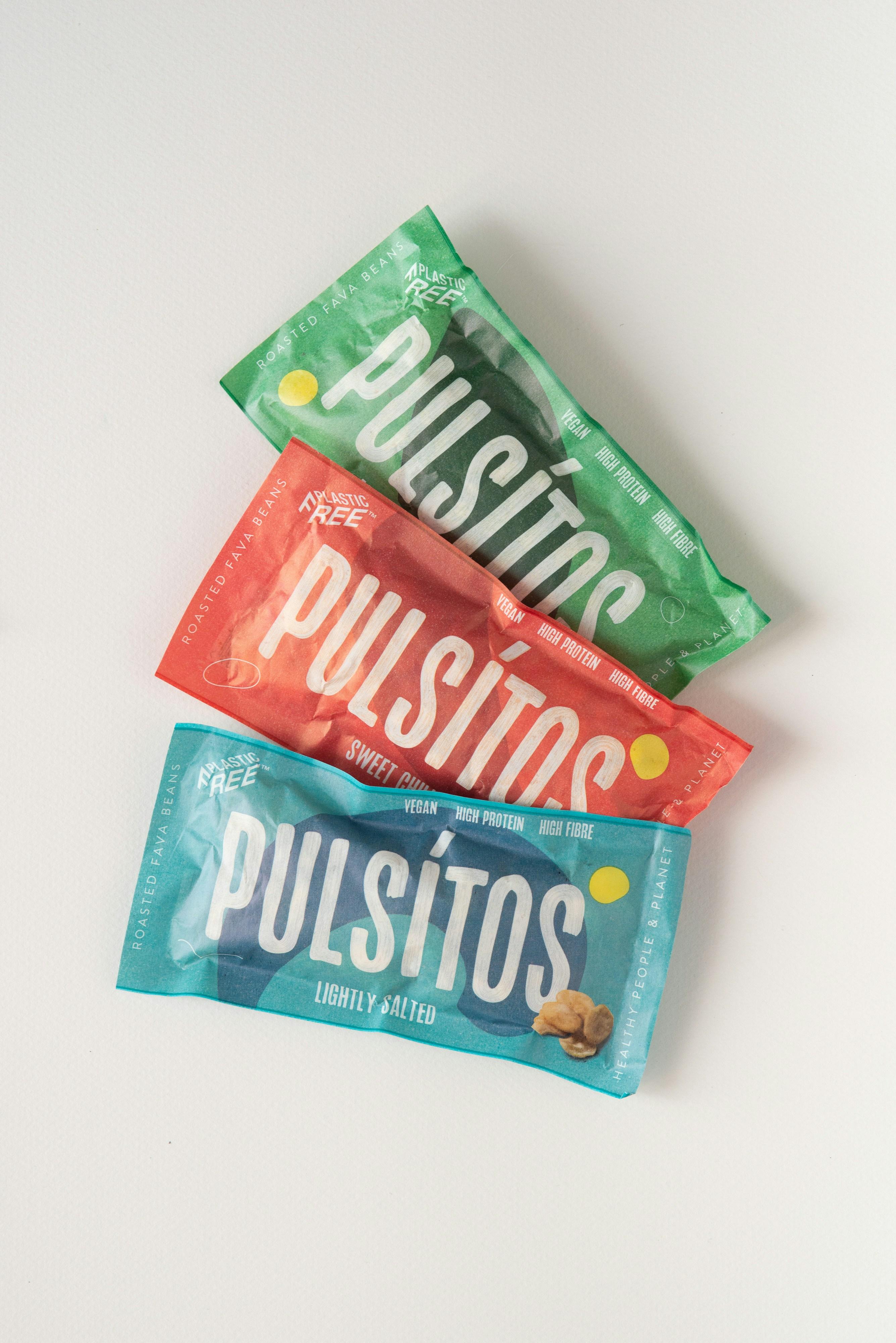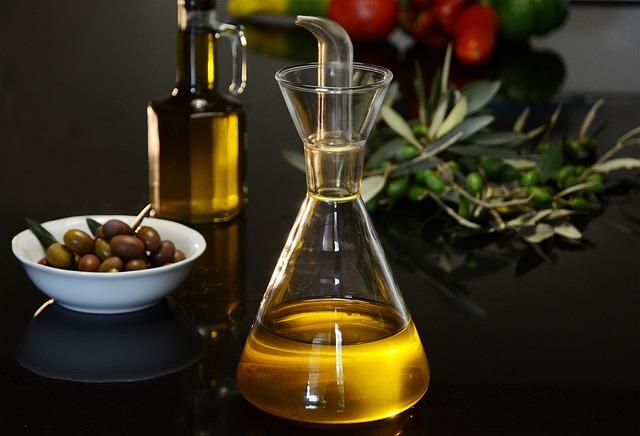In a world where culinary traditions are as diverse as the cultures that cultivate them, the Mediterranean diet stands out like a timeless classic, a symphony of flavors and colors that has captured the imagination of food enthusiasts and health experts alike. Rooted in the sun-drenched landscapes of Southern Europe, this diet is more than just a way of eating; it’s a celebration of life, a harmonious blend of simplicity and sophistication. But as its popularity continues to soar, a question lingers in the air: Is the Mediterranean diet truly the best? This article embarks on a journey to unravel the mysteries of this acclaimed dietary pattern, exploring its origins, benefits, and whether it truly deserves the crown as the pinnacle of healthy eating. As we delve into the heart of the Mediterranean, we’ll discover not just a diet, but a lifestyle that has transcended generations, inviting us to ponder its place in our modern world.
Exploring the Health Benefits of the Mediterranean Diet
Renowned for its array of delicious ingredients and heart-healthy benefits, this diet has been a staple in countries bordering the Mediterranean Sea for centuries. Its focus on fresh vegetables, fruits, whole grains, and healthy fats like olive oil, makes it not only flavorful but also a boon for overall health. Research suggests that following this diet can lead to numerous health advantages, including:
- Reduced risk of cardiovascular diseases
- Improved cognitive function and reduced risk of Alzheimer’s
- Better weight management and reduced risk of obesity
- Lower incidence of type 2 diabetes
Moreover, the Mediterranean diet encourages a lifestyle that incorporates physical activity and social meals, further enhancing its positive effects on well-being. Its rich blend of nutrients, combined with a focus on moderation and variety, makes it a compelling choice for those seeking a balanced and enjoyable approach to eating.
Culinary Traditions and Nutritional Insights from the Mediterranean
The Mediterranean lifestyle, celebrated for its vibrant flavors and health benefits, is rooted in a rich tapestry of culinary traditions that date back centuries. This diet is not just about what is on the plate, but also how it is consumed. Family gatherings, shared meals, and a slower pace of eating are integral to this lifestyle, fostering not only physical but also emotional well-being. The cuisine is characterized by an abundance of fresh vegetables, fruits, whole grains, and healthy fats like olive oil, complemented by moderate portions of fish, poultry, and dairy.
- Olive Oil: Known for its heart-healthy properties, it is a staple in Mediterranean cooking.
- Seafood: Rich in omega-3 fatty acids, seafood is often preferred over red meat.
- Herbs and Spices: Enhance flavor without the need for excessive salt.
- Legumes: Provide a plant-based protein source and are rich in fiber.
From a nutritional standpoint, the Mediterranean diet is lauded for its ability to reduce the risk of chronic diseases, such as heart disease and diabetes. Studies suggest that this dietary pattern supports longevity and cognitive health, making it a favorite among nutritionists. By focusing on whole, minimally processed foods and balanced meals, this approach to eating not only satisfies the palate but also nurtures the body.

Practical Tips for Incorporating Mediterranean Foods into Your Lifestyle
Embracing the flavors and health benefits of the Mediterranean diet doesn’t have to be daunting. Start by gradually integrating key ingredients such as olive oil, fresh vegetables, and whole grains into your meals. Replace butter with olive oil in cooking, and add a sprinkle of nuts or seeds to your salads for an extra crunch. Enjoy the vibrant colors and flavors of seasonal produce, and experiment with herbs like basil, oregano, and thyme to enhance your dishes.
- Breakfast Boost: Swap your usual cereal for a bowl of Greek yogurt topped with honey and a handful of fresh berries.
- Snack Smart: Keep a stash of olives, hummus, and whole-grain pita bread for a quick and satisfying snack.
- Meat Alternatives: Incorporate more legumes and fish like salmon or sardines into your diet for protein-packed meals.
- Hydration: Sip on herbal teas or water infused with slices of citrus and mint instead of sugary beverages.
By making these small yet impactful changes, you can savor the essence of Mediterranean cuisine while reaping its health benefits. Remember, the focus is on balance and variety, ensuring your meals are both nutritious and delightful.

Comparing the Mediterranean Diet with Other Popular Eating Plans
The Mediterranean diet is often hailed as a model of healthy eating, but how does it stack up against other popular eating plans? Unlike the restrictive nature of the Keto diet, which emphasizes high-fat and low-carb intake, the Mediterranean approach is more balanced, focusing on healthy fats like olive oil and a variety of plant-based foods. This diet encourages a lifestyle rather than a temporary fix, promoting longevity and heart health.
Meanwhile, the Paleo diet attempts to emulate the eating habits of our ancestors, prioritizing lean meats and avoiding processed foods. While both the Paleo and Mediterranean diets emphasize whole foods, the Mediterranean plan is less restrictive and allows for moderate consumption of dairy and grains. Key aspects of the Mediterranean diet include:
- Rich in fruits, vegetables, and whole grains
- Includes healthy fats such as nuts and olive oil
- Moderate consumption of fish and poultry
- Low intake of red meat and sweets
These elements contribute to its reputation as a sustainable and enjoyable way to eat, offering flexibility and a variety of flavors that many find more appealing than the rigid guidelines of other diets.
To Wrap It Up
In the ever-evolving landscape of nutrition and health, the Mediterranean diet emerges not as a rigid doctrine but as a vibrant tapestry of flavors, traditions, and lifestyles. Its emphasis on fresh produce, whole grains, and healthy fats paints a picture of well-being that resonates across cultures and continents. Yet, whether it claims the title of ‘the best’ remains a matter of personal interpretation, guided by individual needs, preferences, and circumstances.
As we navigate our culinary journeys, the Mediterranean diet invites us to savor not just the foods we eat but the moments we share around the table. It encourages a holistic approach to nourishment, where balance and enjoyment walk hand in hand. Whether it stands as a beacon of health or simply a source of inspiration, the Mediterranean way of eating reminds us that the path to wellness is as diverse as the flavors it celebrates.
the best diet is one that sustains not just the body, but the soul—a personal mosaic of choices that reflect who we are and who we aspire to be. As we close this exploration, let us carry forward the spirit of curiosity and openness, forever tasting the world, one meal at a time.


































